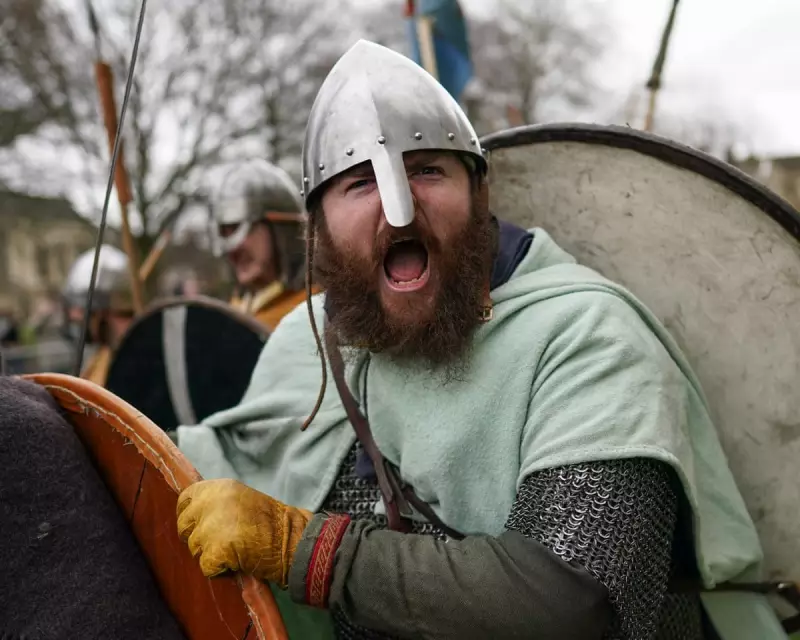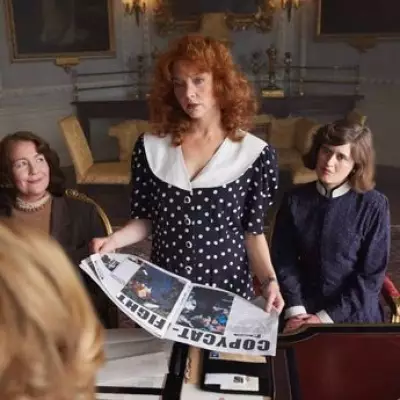
Do you dream of waltzing through a glittering Regency ballroom in a empire-line gown, or do you fantasise about the brutal political intrigue of Tudor court? According to cultural commentators, your preferred historical period reveals more about your modern psyche than you might think.
The Allure of Selective Nostalgia
We're living through a golden age of historical obsession, from the heaving bosoms of Bridgerton to the blood-soaked dramas of Tudor England. But why are we drawn to specific eras, and what does this say about our contemporary anxieties and desires?
Cultural analysts suggest that we don't actually yearn for the past itself, but for a carefully curated version that speaks to our present-day needs. We cherry-pick the aesthetics and romance while conveniently ignoring the lack of antibiotics, dentistry, and basic human rights.
Decoding Your Historical Preferences
The Regency Romantic (Bridgerton Devotee)
If you're drawn to the world of ballrooms, witty repartee, and elaborate costumes, you're likely seeking elegance and escapism. This preference suggests a desire for clearer social rules and romance in an increasingly informal digital age. You're possibly overwhelmed by modern dating culture and find comfort in the structured courtship rituals of the early 19th century.
The Tudor Tragic (Wolf Hall Enthusiast)
Those fascinated by the Tudor period's betrayals, executions, and religious turmoil might be processing contemporary political anxieties. The era serves as a metaphor for our own turbulent times, complete with powerful leaders making capricious decisions and institutions in flux. It's history as political catharsis.
The Victorian Moralist
An attraction to the Victorian era—with its strict morals, industrial progress, and elaborate social conventions—often reflects concerns about societal decay and a longing for stability. Ironically, this comes from an era that struggled with massive inequality and repression, suggesting we might be overlooking uncomfortable parallels with today.
The Psychology Behind Period Idealisation
Psychologists suggest that our historical preferences function as Rorschach tests for our current concerns. We project onto the past what we feel is missing from the present: whether that's grandeur, certainty, or even just better costumes.
The danger, historians warn, isn't in enjoying period dramas, but in forgetting they're fantasies. When we romanticise eras like the Regency, we risk whitewashing the brutal realities of colonialism, sexism, and class inequality that defined them.
Ultimately, our historical tastes reveal less about the past than about our present dissatisfactions and dreams. The next time you lose yourself in a period drama, ask yourself: what are you really looking for—and what uncomfortable truths might you be ignoring?






